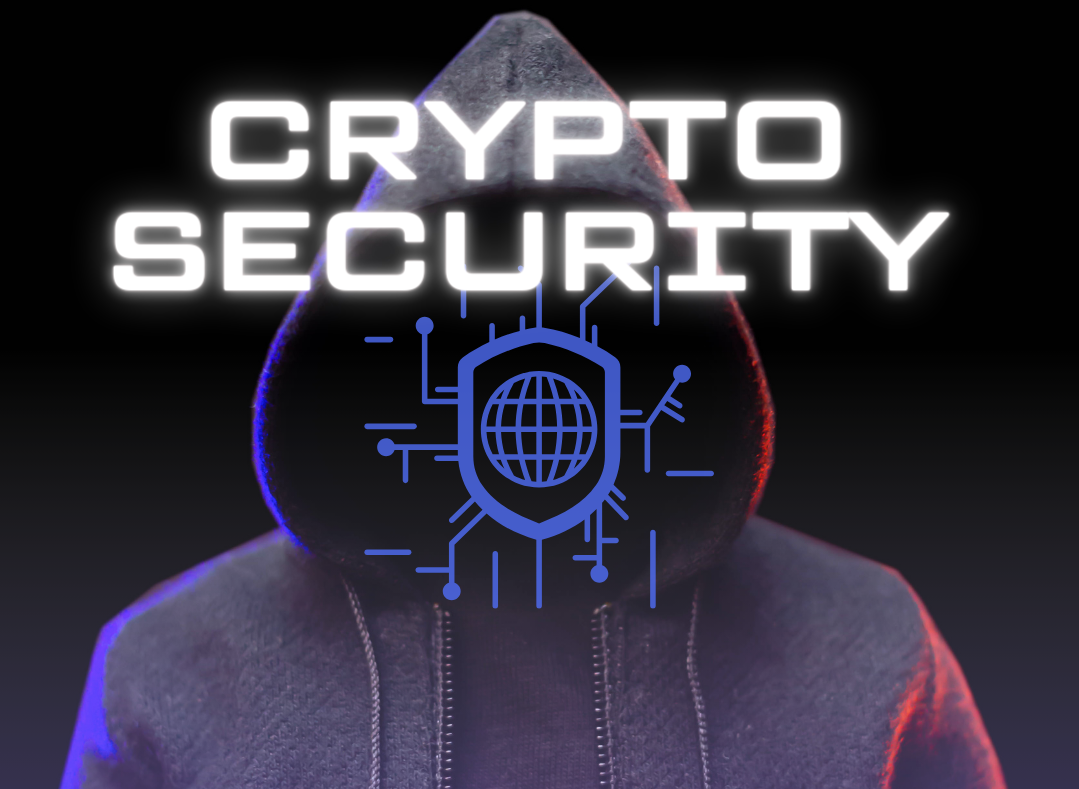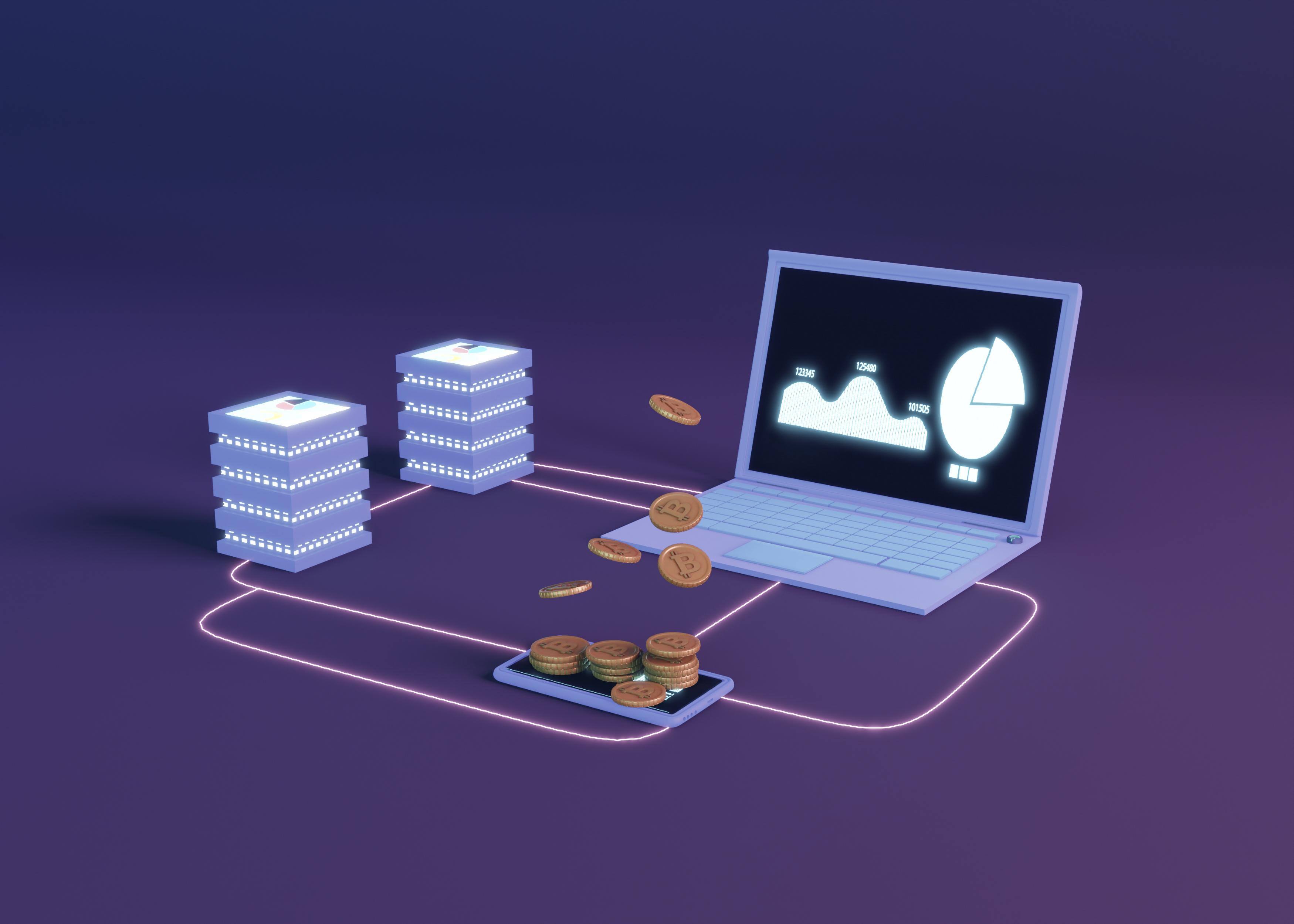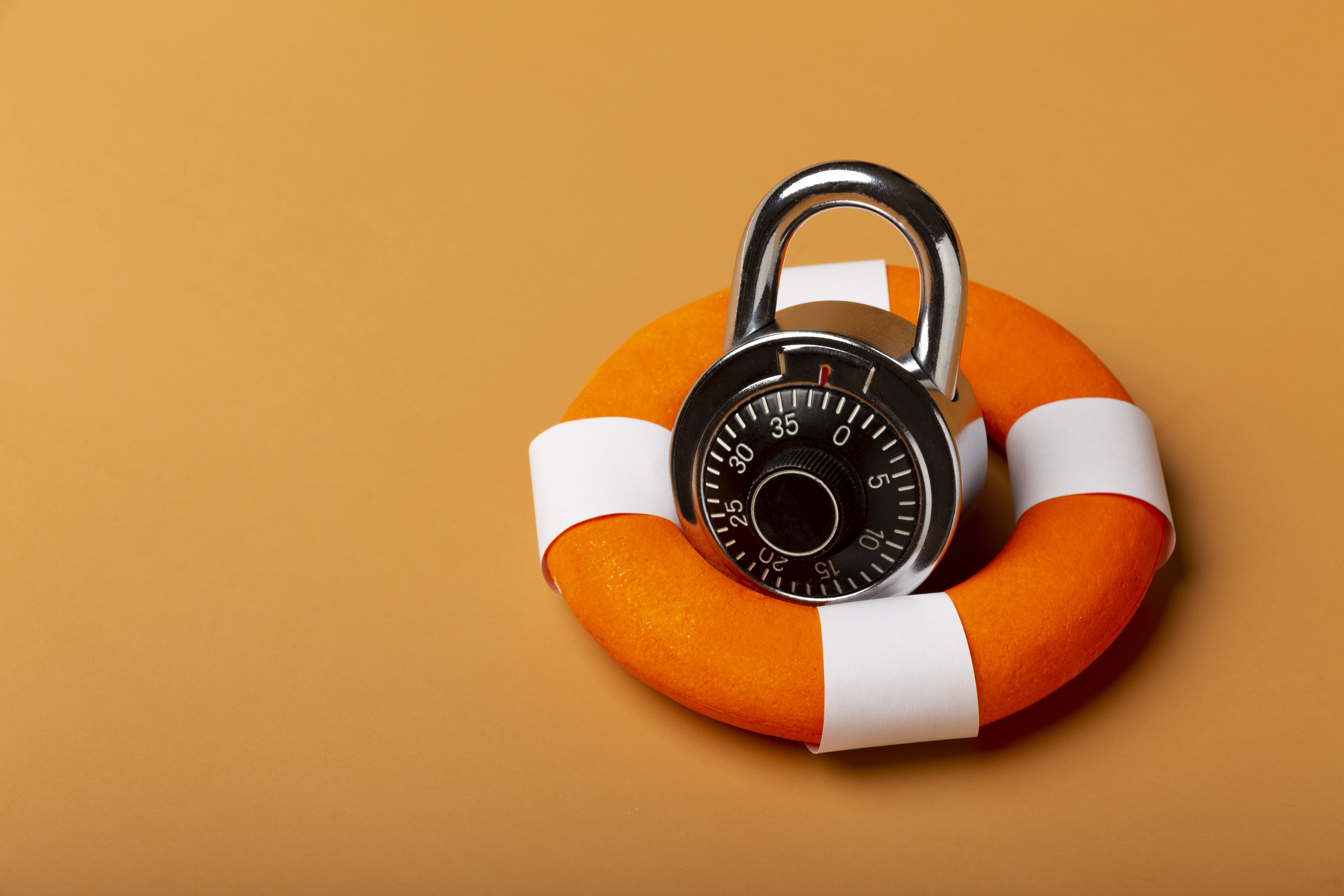
Introduction
Cryptocurrency has gained significant popularity in recent years, and with this surge in interest comes the need for secure management of digital assets.
Unlike traditional banks, cryptocurrencies require a different approach to security because they are decentralized and often rely on individual ownership. One of the most crucial aspects of safeguarding your digital wealth is managing your cryptocurrency wallets effectively. In this guide, we'll explore the importance of wallet management and provide practical tips to keep your crypto holdings safe.
Understanding Cryptocurrency Wallets
A cryptocurrency wallet is a digital tool that allows you to store, send, and receive cryptocurrencies. Wallets come in various forms, including software, hardware, and paper wallets. Each type has its own advantages and potential vulnerabilities, so understanding the differences is vital to secure your assets properly.
Software Wallets
Software wallets are applications or online platforms that store your cryptocurrency keys and enable you to manage your assets from your computer or smartphone. These are convenient and user-friendly but may be susceptible to malware, phishing attacks, or other online threats. Ensure you choose a reputable software wallet and regularly update its security features.
Hardware Wallets
Hardware wallets are physical devices designed specifically for cryptocurrency storage. They provide the highest level of security as they are offline and less vulnerable to online threats. Popular hardware wallet options include Ledger Nano S, Ledger Nano X, and Trezor. Always buy hardware wallets from official sources to avoid counterfeit products.
Paper Wallets
A paper wallet is a physical printout of your cryptocurrency keys, often in the form of a QR code. This method is highly secure since it's not connected to the internet, but it comes with the risk of physical damage, loss, or theft. If you opt for a paper wallet, make multiple copies and store them in separate secure locations.
Wallet Management Best Practices
Now that you have a basic understanding of cryptocurrency wallets, let's explore some best practices for secure wallet management:
Diversify Your Wallets
Don't keep all your cryptocurrency in one wallet. Diversify your holdings across multiple wallets to reduce risk. Consider using a combination of software, hardware, and paper wallets to keep your assets safe.
Use Strong Passwords
If you're using a software wallet or an online platform, create a strong, unique password that is hard to guess. Avoid using easily obtainable personal information and consider using a password manager for added security.
Enable Two-Factor Authentication (2FA)
Whenever possible, activate 2FA for your cryptocurrency wallet accounts. This adds an extra layer of security by requiring a one-time code generated by a separate device or app, in addition to your password.
Keep Wallet Software Updated
Regularly update your wallet software to ensure you have the latest security features and bug fixes. Outdated software can be vulnerable to attacks.
Beware of Phishing Scams
Be cautious of phishing attempts. Scammers often create fake websites or send deceptive emails to trick you into revealing your wallet's private keys or login credentials. Always verify the authenticity of the platform you're using.
Secure Your Hardware Wallet
If you're using a hardware wallet, make sure to store it in a safe and secure place. Protect it from physical damage, loss, and theft. Also, make a backup of your wallet's recovery seed and store it in a separate secure location.
Educate Yourself
Stay informed about the latest developments in cryptocurrency security. Understand how to recover your assets in case of loss or theft and keep track of best practices in the crypto community.
Conclusion
Managing your cryptocurrency wallets securely is paramount in the world of digital assets. By diversifying your wallets, using strong passwords, enabling 2FA, and staying vigilant against threats, you can significantly reduce the risk of losing your hard-earned crypto holdings. Remember that security is an ongoing process, and staying informed and proactive is key to protecting your investments in the ever-evolving world of cryptocurrency.




